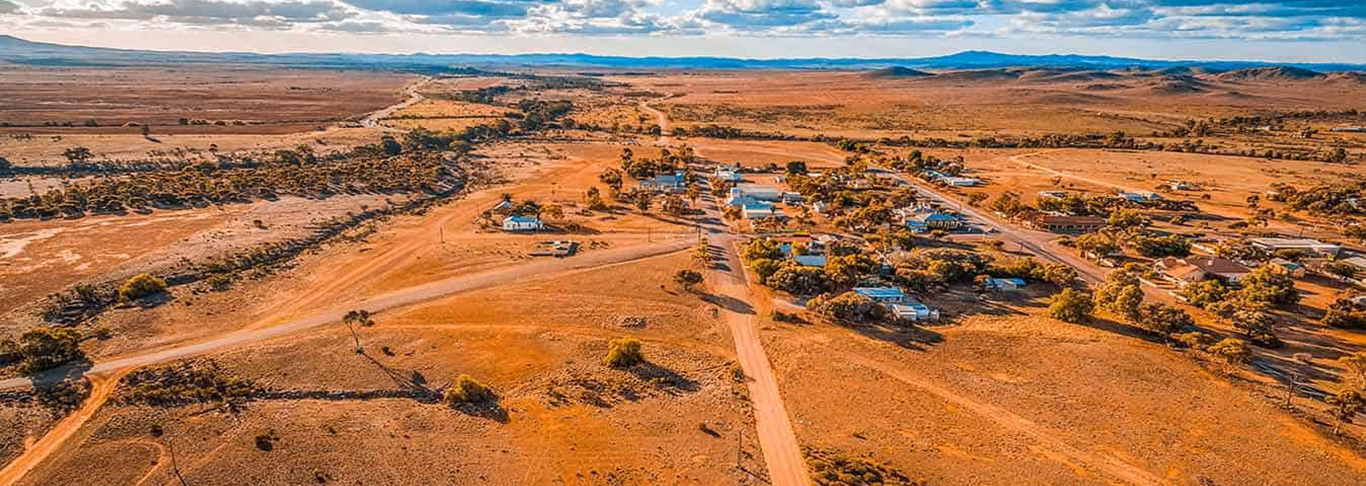
Rural and Remote Health
We work to positively influence policy impacting the nursing and midwifery workforce, health, maternity and aged care in regional, rural and remote areas.
People who live in rural areas have a shorter life expectancy and higher levels of illness and disease risk factors than those in major cities. In many rural and remote locations, there is only access to public health care services due to limited or no other healthcare providers.
Drought, natural disasters, and the widespread impact of COVID-19 on communities, workforces, and travel, and international trade disputes have intensified the pressure and strain on people living in rural and remote areas.
The majority of healthcare providers in rural and remote locations are nurses. Therefore, nurse-led health care is an essential component of health care delivery in these areas. Better choice could be provided to people in rural and remote areas by allowing nurses to work to their full scope of practice and introducing innovative models of care, especially nurse practitioner led models.
Small rural maternity units can provide safe birthing services. Mothers and babies are placed at risk when these services are not available. Closing rural maternity services doesn’t make economic sense for families or the health care system and reduces opportunities for midwives to work in the bush. This situation exacerbates workforce shortages that can lead to these closures. Timely Government investment can reverse this downward spiral.
Nurses are the most geographically well-distributed health professional. The prevalence of midwives decreases with distance from the urban centres. Support should be offered to RNs in rural areas to complete the postgraduate midwifery education required to become dual registered as both a registered nurse and midwife. This will increase the midwifery workforce and access to maternity services.
National Rural Health Alliance
The ANMF is one of the 42 national organisations in the National Rural Health Alliance (NRHA), working collaboratively to improve the health and wellbeing of people in Australia's rural and remote areas. The Alliance collects and shares information, determines key issues that affect health and wellbeing in rural and remote areas, and provides advice and evidence to governments, educational and research institutions, and other professional bodies. The ANMF is represented on the Council by a member of the Professional Team.
The Alliance is tireless in lobbying the Australian Government on a range of health care inequities experienced by country people. They have a particular concern for the health and welfare issues of people living in Aboriginal and Torres Strait Islander communities
The Alliance provides the ANMF with the opportunity for collegial support and networking whilst undertaking advocacy/lobbying work with other national organisations having common concerns and a shared vested interest in the health and wellbeing of people in rural and remote locations and communities. Through the NRHA, the ANMF contributes to the discussion and development of broad Government policy to effect health and social change for these communities.
Rural and Remote Digital Innovation Group
The ANMF are represented on the Rural and Remote Digital Innovation Group (RRDIG). Hosted and chaired by the Australian College of Rural and Remote Medicine (ACRRM) and funded by the Australian Government Department of Health through the Rural Health Outreach Fund, the RRDIG is a collaboration of more than twenty health professional groups, peak bodies, government, associations and organisations with an interest in digital innovation and telehealth. The group focuses on supporting the implementation and meaningful use of digital health technologies, with an emphasis on improving access to health care in rural, remote and Aboriginal and Torres Strait Islander communities across primary and secondary care, using telehealth.

Policies, Guidelines and Position Statements
Find out more
Submissions
Find out more
Resources
Find out more
